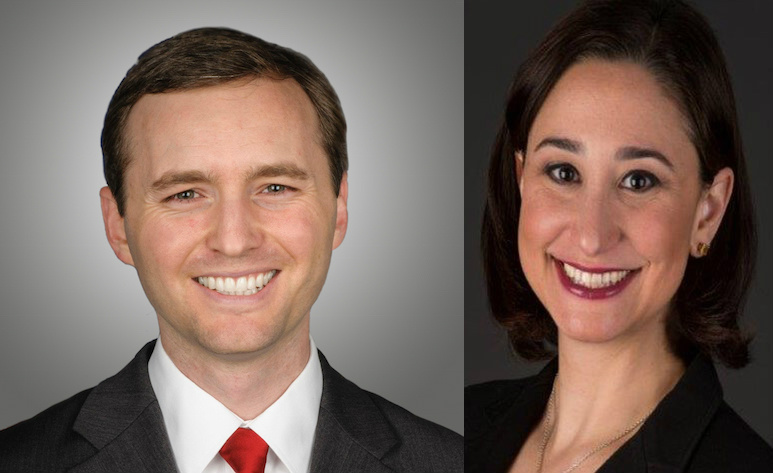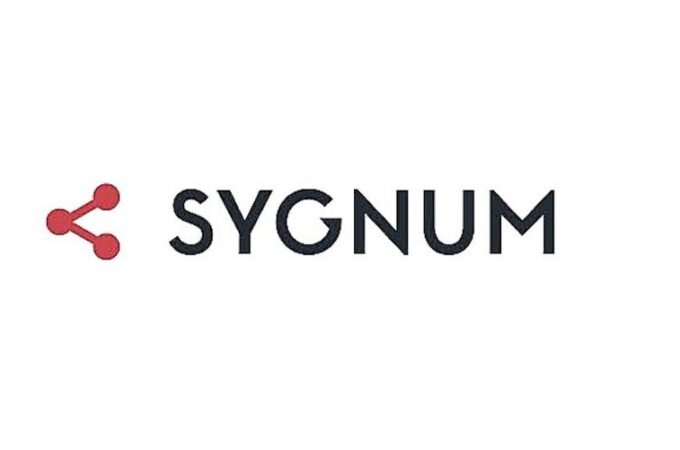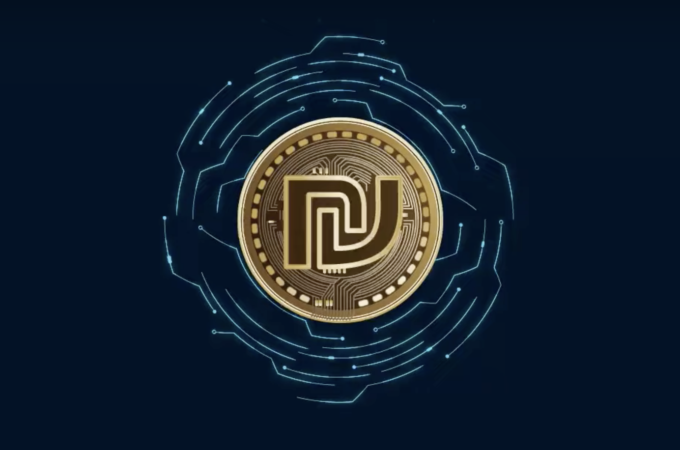
New Initiative Aims To Eliminate Corruption With Blockchain Technology
By Laura Shin for Forbes
The potential for the technology behind Bitcoin, commonly called blockchain, to transform financial services is becoming somewhat well-known. However, fewer people are aware that the technology could also transform governance to make it more transparent.
“Blockchain has the potential to be the killer app for corruption,” says Tomicah Tillemann, director of the Bretton Woods II Initiative at New America, aWashington, D.C.-based think tank that bridges the gap between technology and policy.
For that reason, New America, blockchain company the Bitfury Group and the non-governmental organization the National Democratic Institute announce today that they have formed the Blockchain Trust Accelerator Initiative, which aims to connect governments with technologists and funders to hasten the adoption of the technology for social good and governance.
“There’s a tremendous amount of capital flowing into blockchain applications in the fintech sector, and that’s fantastic. It’s an indicator of the potential and power of this technology,” says Tillemann, a cofounder of the initiative. “But Bitfury, New America, NDI and all of our partners want to ensure that the transformational potential of the blockchain is used to make people’s lives better in addition to making people money.” (So far, $1.2 billion in venture capital has poured into blockchain startups, with the majority of that going to financial services companies.)
Bitfury cofounder and chief executive officer Valery Vavilov said in a statement, “I grew up in Latvia – a small country of roughly two million people that was part of the Soviet Union until 1991 and now is now a proud member of the European union. When I was young I saw members of my family lose so much — their pensions, their life savings, their dreams – all in the face of systems and institutions that were not designed to work for the people. … Blockchain can make the world better and The Bitfury Group is dedicated to doing our part to ensure its success – for everyone.”
Noting that the accelerator will select projects “focused entirely on global change for good,” Tillemann and cofounder Jamie Smith, Bitfury’s global chief communications officer, say potential applications for blockchain in governance include ensuring citizens have access to land titles, tracking the provenance and delivery of vaccines, securing citizens the right to vote, and giving people access to a legal identity.
“The sad truth is that legacy technologies have unfortunately failed in delivering serious solutions to every single one of those challenges,” Tillemann says.
As an example, a blockchain-based voting system would solve several problems — starting with the fact that it’s time-consuming for many people to even get to a polling place. “That’s time that, if you’re a working mother or an hourly wage earner, is not easy to sacrifice, and in too many instances, individuals without the luxury of a few hours they can dedicate to waiting in line at a voting booth suffer disenfranchisement,” says Tillemann.
Second, once a vote is cast, citizens of many countries don’t always trust that the vote was recorded accurately or that the central election authority will respect the ballots. But because blockchain technology creates a transparent, immutable ledger, “no government can alter the results of an election without leaving totally transparent evidence of what has happened,” says Tillemann. “The ability to ensure that level of accountability and security in an election process is something the world has never had before.”
Smith adds, “If we are moving in a direction where we will, in the coming years, have global wifi and, undoubtedly, most people will be able to have some type of inexpensive phone, now that there’s this secure system that allows this transaction process, what that means for the future of democracy and good governance is indescribable.”
The initiative’s first pilot is a land titling system created by Bitfury using blockchain technology in the Republic of Georgia announced in April. Beginning in July, the accelerator, which will establish a board of directors, will begin soliciting proposals through an online portal and vet them for feasibility, partnership opportunities and potential to expand from pilot to broader option. Top proposals will then be matched with governments and funders to begin implementation.
Smith says they will be “reporting out to the world what we’ve learned on various projects to be a resource in what is working and what may not be working so other institutions can piggyback off those efforts.”
The project has already attracted a fair bit of interest from notable organizations. Among the attendees at the Monday roundtable will be representatives from the White House, the Omidyar Foundation, the AFL-CIO and the Sunlight Foundation, and about 50 organizations are expected. The accelerator plans to have such roundtables monthly and Smith says, “we invite anyone who cares about this type of work to be part of this process.”
The accelerator was born out of Smith’s and Tillemann’s working relationship over almost 15 years in democracy and governance. Smith has worked for former Secretary of State Madeleine Albright, President Obama and Hillary Clinton’s 2008 presidential campaign, and Tillemann for Secretaries Clinton and John Kerry. Tillemann, whose portfolio at the State Department consisted of working with new democracies to help them put in place accountability and good governance systems, says, “In so many countries, the underlying infrastructure they had to wrestle with was so bad, the underlying processes were so bad, that even when you had very well-intentioned officials, it was impossible for them to run efficient, effective, corruption-free institutions.” He realized that “if you could provide a platform that would provide similar levels of efficiency and transparency without the massive investment in infrastructure, you could change the world and the way citizens engage with the state. And the more I learned about blockchain, the more I realized that it was that system.”
Plans for the accelerator were finalized at the recent 2016 Blockchain Summit on Sir Richard Branson’s Necker Island in the Caribbean.
Bitfury started as a company focused on Bitcoin mining and chip manufacturing but has recently expanded to blockchain services, beginning with the land titling project and now the accelerator. Smith says the company’s work with blockchain will be focused on governance and social good.
First appeared at Forbes





